Cricketer Mahendra Singh Dhoni went from humble beginnings to captaining India and then leading them to a World Cup victory that lifted an entire nation.
His incredible life story has been bought to life in biopic MS Dhoni: The Untold Story, which is in cinemas now and sees Sushant Singh Rajput portraying the sporting icon.
Not surprisingly, this is one of the most challenging but enjoyable roles the talented actor has done and he feels the story about achieving the impossible will inspire viewers as it had done him.
Eastern Eye caught up with in-demand Bollywood star Sushant Singh Rajput to talk about the film, portraying a sports hero, inspirations, and importance of living in the moment.You have only done a few films, but the expectations around you are sky-high. Do you worry about those expectations?
I don’t think like that. I am slightly selfish when it comes to choosing a film, when I am preparing for it, and when I am shooting for it. It’s just that I understand a few things and don’t understand a few things. To understand what I don’t is the reason that keeps me going and keeps me excited.
Only when the film is about to be released is when I think about the audience for the first time. They will be investing their time and money in it, so they should not be disappointed. I think about the outcome or the box office or anything like that only just before the release of the film, not before.
Everybody wants to work with you, but what drew you to MS Dhoni: The Untold Story?
Just the story. He [Dhoni] is extremely popular. He is one of the most successful Indian cricket captains ever. I really liked the whole story – there are hardly any players who made it to the national team from the place [Ranchi] he comes from. He belongs to a middle-class family and how just sticking to the basics got him going and took him to great heights, that is what we are trying to show in the film. That no matter where you are from and what your circumstances are, if you believe that something is going to happen, then it is just a matter of time before it does.
Normally a biopic is made of someone who is older or has passed away, but Dhoni is very much still in his prime and playing cricket. Did that put pressure on you?
Yes, it did. There is a story to tell, but he is still playing and we are making a film about him. People also have a strong visual reference – they know how Dhoni talks, the way he plays, his mannerisms and all that. So I had to take care of all those things as well. The key was just to completely immerse myself and subconsciously become him. I have not deliberately tried to imitate, but to become like him as far as possible.
How much did you interact with Dhoni when you were preparing your character?
I interacted with him a lot. I was preparing for this film for maybe 12 or 13 months. I met Dhoni in three different phases when he was free between his cricket duties.
The first set of meetings happened during the start of the preparations when I just asked him to narrate his story and point of view about his life. I was just listening and he was talking.
The second time was four or five months into the preparation when we met again. I was asking him questions and he was answering very patiently, and honestly. I also came up with some hypothetical questions of my own, such as if this was the situation, what would you do, and gave him options.
I met Dhoni for the third time just before the start of the shoot of the film. That was when I was asking him questions from the script. I would say, this is the event we know and what has happened, but what exactly were you thinking when it did?
How much of a cricket fan were you groing up and was it easy learning the techniques in preparation to play him?
I was a big cricket fan, but I never got selected for my school team even though I did have the talent. But for this film, it was India’s former wicketkeeper Kiran More who trained me for 12 or 13 months. He structured the training so wonderfully well, teaching me the basics and making me look like a cricketer. We would just break down Dhoni’s shots into frames. Then it was just about getting the style of walking, playing, the shots and all those things right. We did it again and again to get it right.
Did you learn anything new about Dhoni as a person?
People tell you that it’s important to be in the present and not to be in the future or in the past. You don’t know how it feels when you do that, but when you meet this guy, you find that out. He has a remarkable quality of not stressing about the future and not dwelling on the past. He is just in the present 100 per cent completely. It is a remarkable quality.
Which is your favourite moment in the movie?
There are two moments, actually. One was during the preparation when I met Dhoni for the first time and asked him about the way he holds his bat and stance, and he was showing me. I have been his biggest fan the last 10-12 years, so it was a very surreal feeling that Dhoni himself was teaching me how to hold a bat.
The second time was when we were shooting the famous 2011 India Sri Lanka World Cup final match. I was in that same stadium (Wankhede), at the same pitch, looking in the same direction and getting goosebumps.
One thing you have in common with Dhoni is staying calm under pressure. How are you so focused with all the attention around you?
It’s about holding on to everything that is good right now. We are slightly obsessed with the future and we get anxious about it. You should just live in the present and not be concerned about what’s going to happen. You should be excited about experiencing what’s there right now. Then most of the time you will take a wise decision and you feel calm. I am like that.
I love that your films are different to each other. Are you consciously picking varied projects?
Yes, but not to prove a point to anybody. As I said, when I choose a film, I can relate to a few things in the script and don’t understand a few others. To understand that, to explore and to experience it is why I do the film. It only happens when I deliberately try to pick different scripts and very different characters from each other. It is not to prove to anyone that I can play all these characters.
My favourite role you have done is in Detective Byomkesh Bakshy. Will there be a sequel?
There should be, because we have the rights of 32 stories the writer has written for it. It largely depends on the producers. I am waiting; if they want me for a second film, I am ready.
Today what inspires you?
Any sort of excitement. Like whenever I am in front of the camera or on stage, I am trying to express myself and I don’t know where I’m going sometimes, but I’m still going with it. That keeps me excited and inspired.
Other TV actors haven’t made it as big as you. What are you doing differently?
Probably believing that it can happen. There was a strong prejudice and we are conditioned into thinking that maybe it’s true TV actors can’t make it in films. But it’s just your belief. That is the same thing we are trying to convey in the film also. If you don’t believe it will happen, and are only there in the future trying to figure out how you are gonna go about it, then it won’t work. You should be here in the present enjoying the work. It doesn’t matter if there is a still or film camera in front of you, you have to be equally excited and give your best. That is the key I guess.
Finally, why should we watch MS Dhoni: The Untold Story?
If you are a Dhoni fan, it is his story. If you are a cricket fan, you will see great cricket. But if you are a fan of an inspiring, compelling story that will keep you awake for 10 more minutes in the night in an excited way and inspire you a lot, then watch the very engaging film.
MS Dhoni: The Untold Story is in cinemas now.




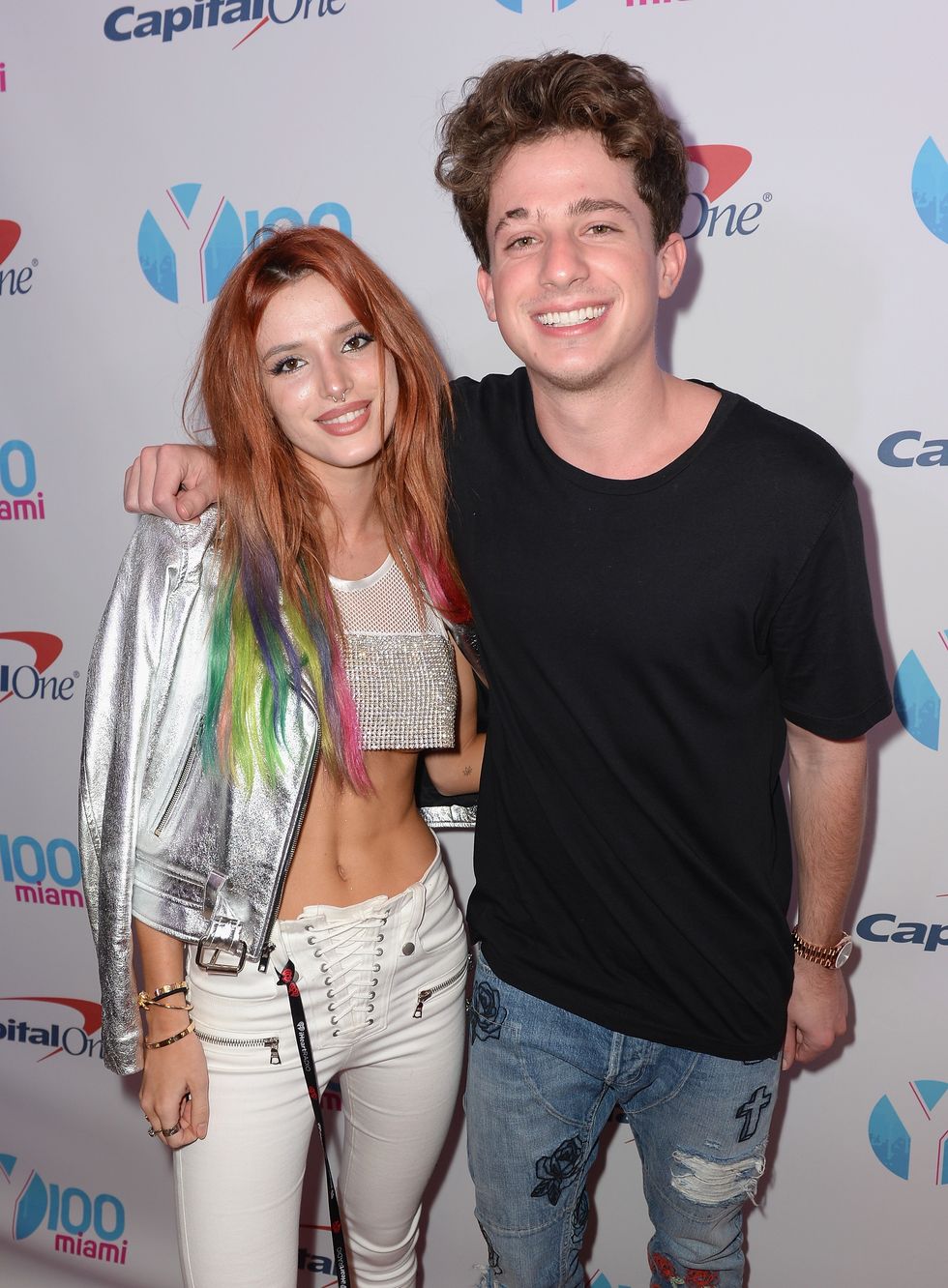 Actress Bella Thorne and Charlie Puth attend the Y100's Jingle Ball 2016Getty Images
Actress Bella Thorne and Charlie Puth attend the Y100's Jingle Ball 2016Getty Images 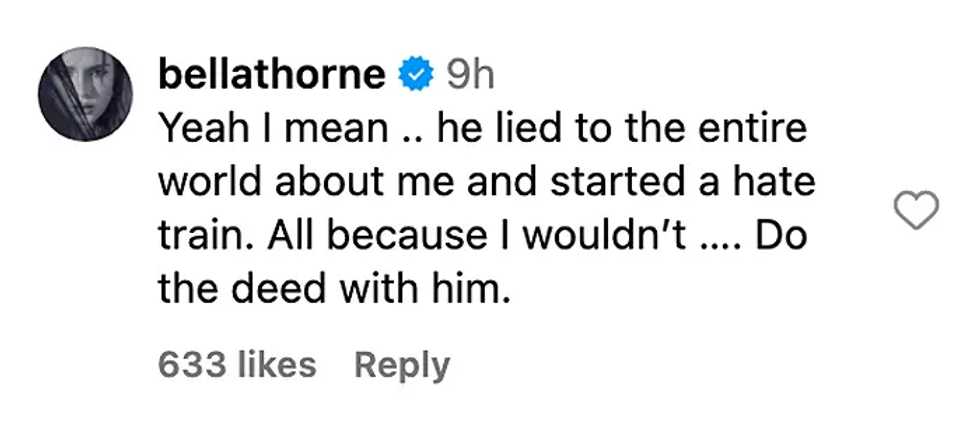 Bella Thorne's commentInstagram Screengrab
Bella Thorne's commentInstagram Screengrab 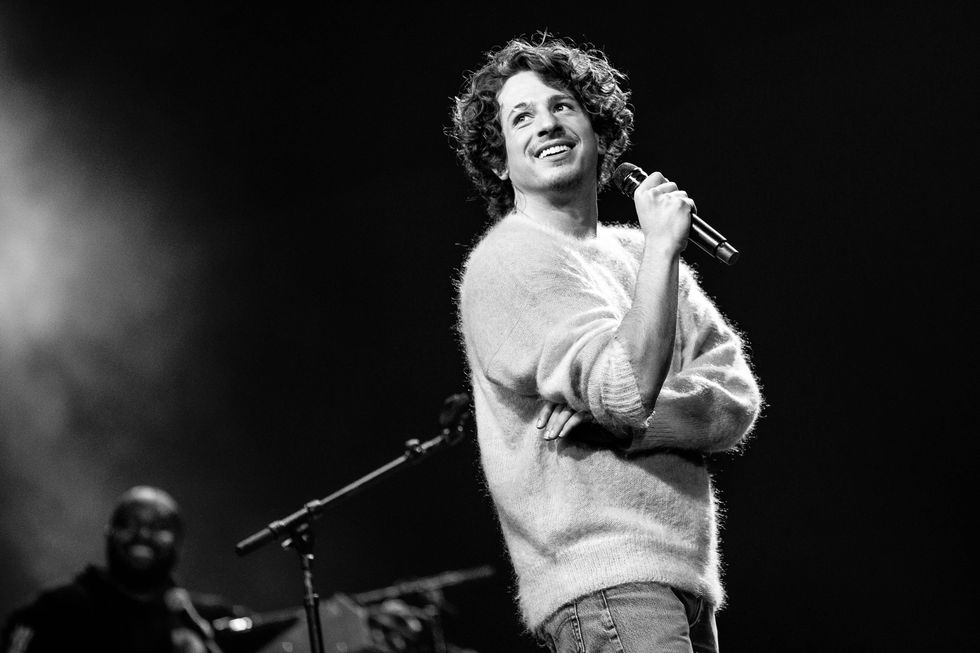 Charlie Puth performs onstage at an interactive global eConcert liveGetty Images
Charlie Puth performs onstage at an interactive global eConcert liveGetty Images 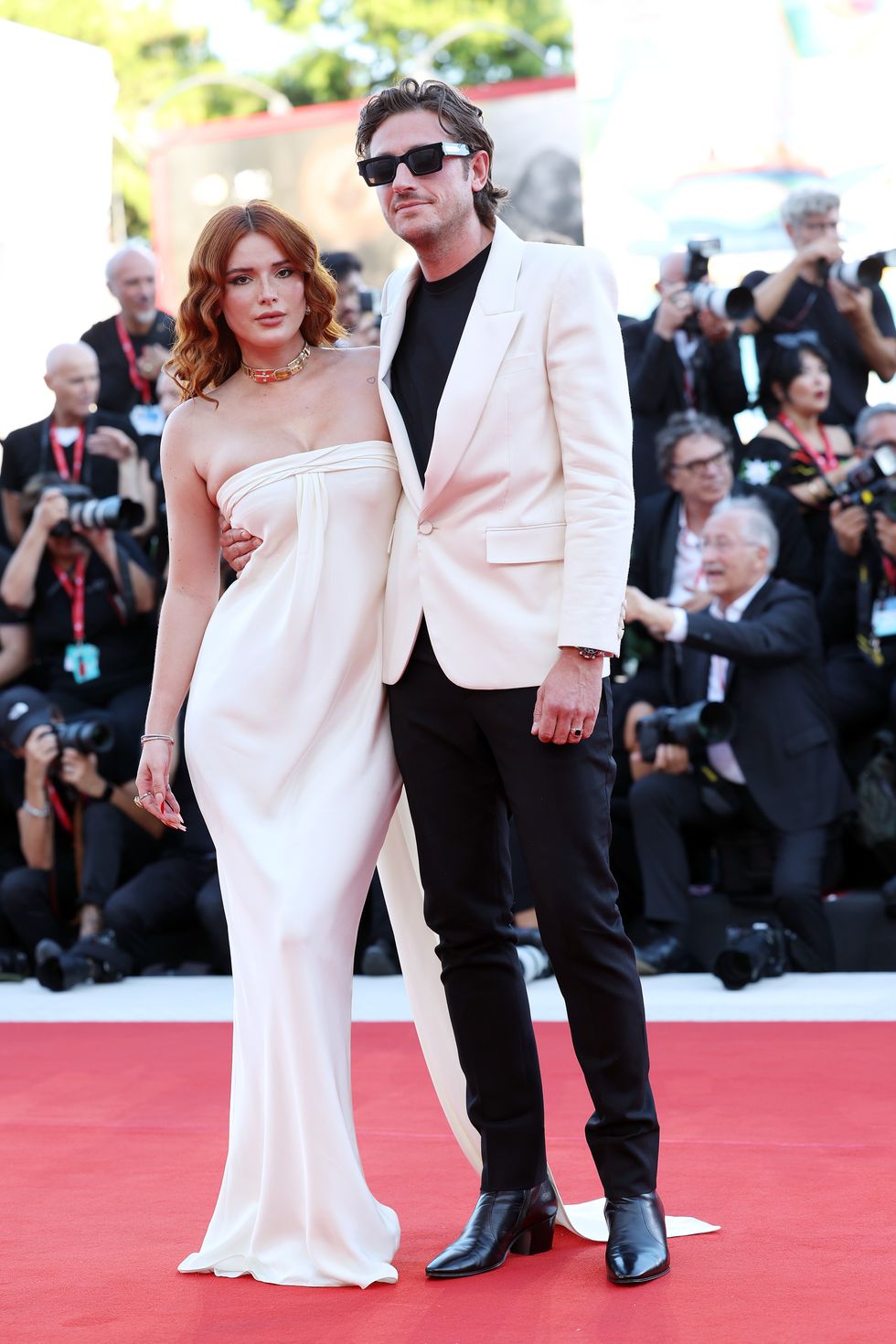 Bella Thorne and Mark Emms attend a red carpet for the movie "Priscilla"Getty Images
Bella Thorne and Mark Emms attend a red carpet for the movie "Priscilla"Getty Images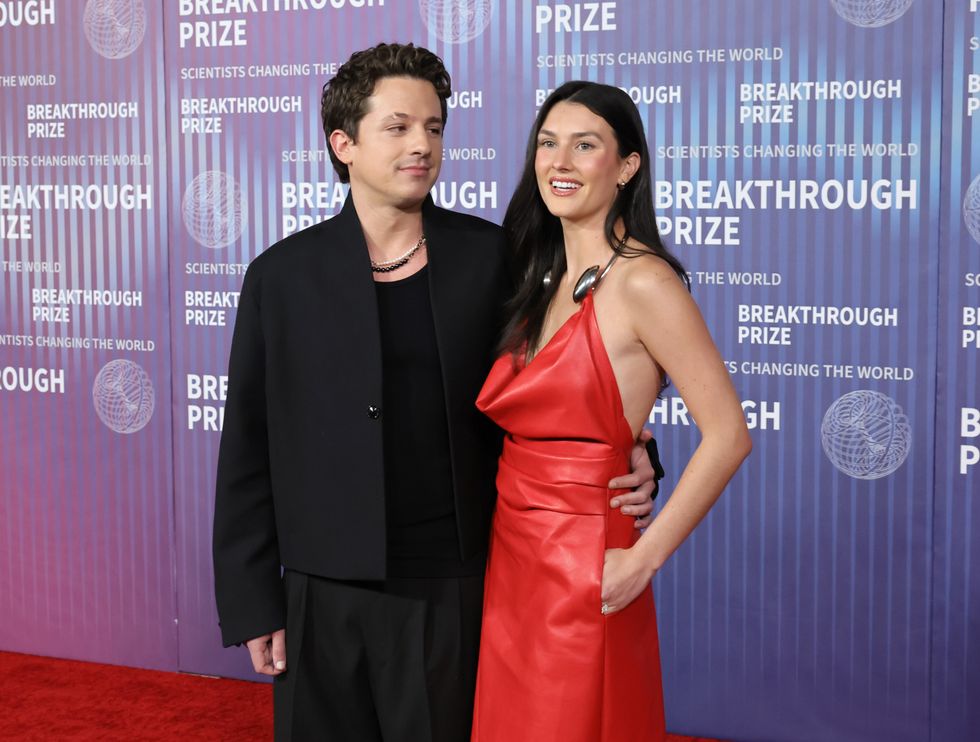 Charlie Puth and Brooke Sansone attend the 10th Breakthrough Prize CeremonyGetty Images
Charlie Puth and Brooke Sansone attend the 10th Breakthrough Prize CeremonyGetty Images









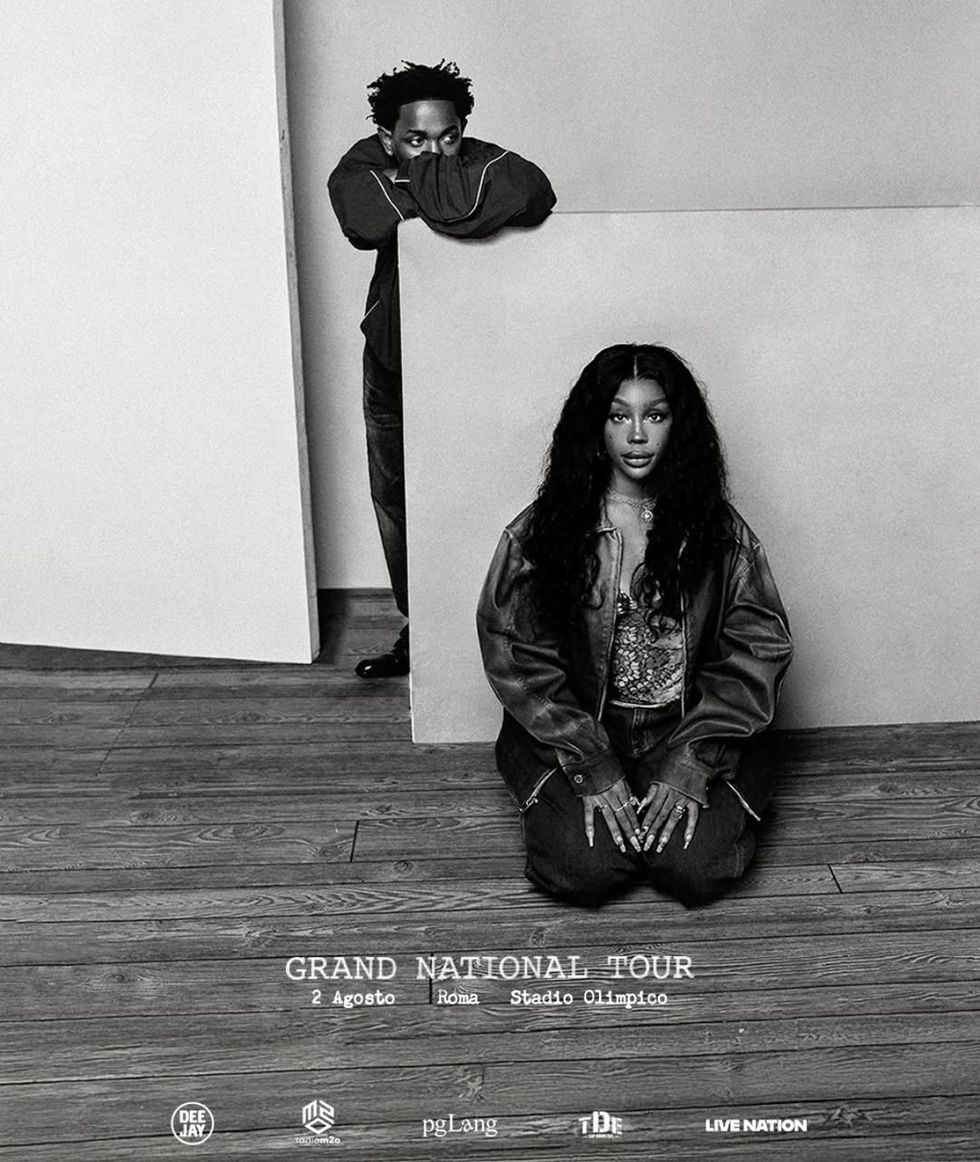 Kendrick Lamar and SZA commands the stage at Villa Park during his explosive opening setInstagram/
Kendrick Lamar and SZA commands the stage at Villa Park during his explosive opening setInstagram/
 Kap’s Cafe in Surrey was struck by gunfire late at night with staff still insideInstagram/
Kap’s Cafe in Surrey was struck by gunfire late at night with staff still insideInstagram/ Kaps Cafe Instagram Story Instagram Screengrab/
Kaps Cafe Instagram Story Instagram Screengrab/ Kaps Cafe Instagram Story Instagram Screengrab/
Kaps Cafe Instagram Story Instagram Screengrab/
 Charithra Chandran styled her hair in soft curls for the Ralph Lauren outfitInstagram/
Charithra Chandran styled her hair in soft curls for the Ralph Lauren outfitInstagram/ Charithra’s look was inspired by her character Edwina Sharma from BridgertonInstagram/
Charithra’s look was inspired by her character Edwina Sharma from BridgertonInstagram/
 New ‘Superman’ movie sparks backlash for portraying hero as immigrant symbol Instagram/
New ‘Superman’ movie sparks backlash for portraying hero as immigrant symbol Instagram/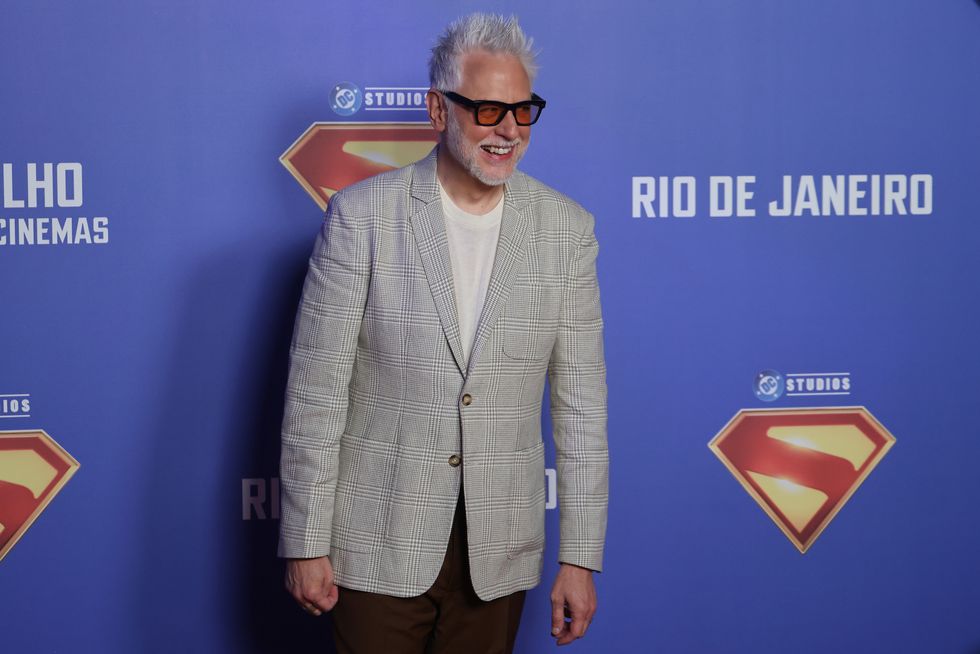 Director James Gunn attends the red carpet for the Superman movie premiereGetty Images
Director James Gunn attends the red carpet for the Superman movie premiereGetty Images 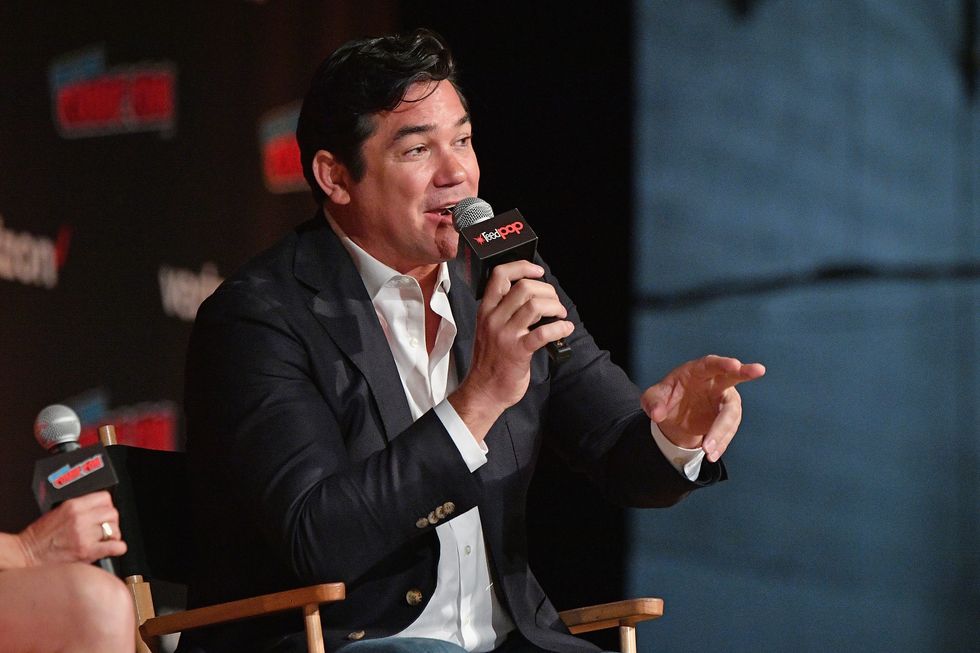 Dean Cain accused Hollywood of going too far with “woke” reinterpretationsGetty Images
Dean Cain accused Hollywood of going too far with “woke” reinterpretationsGetty Images